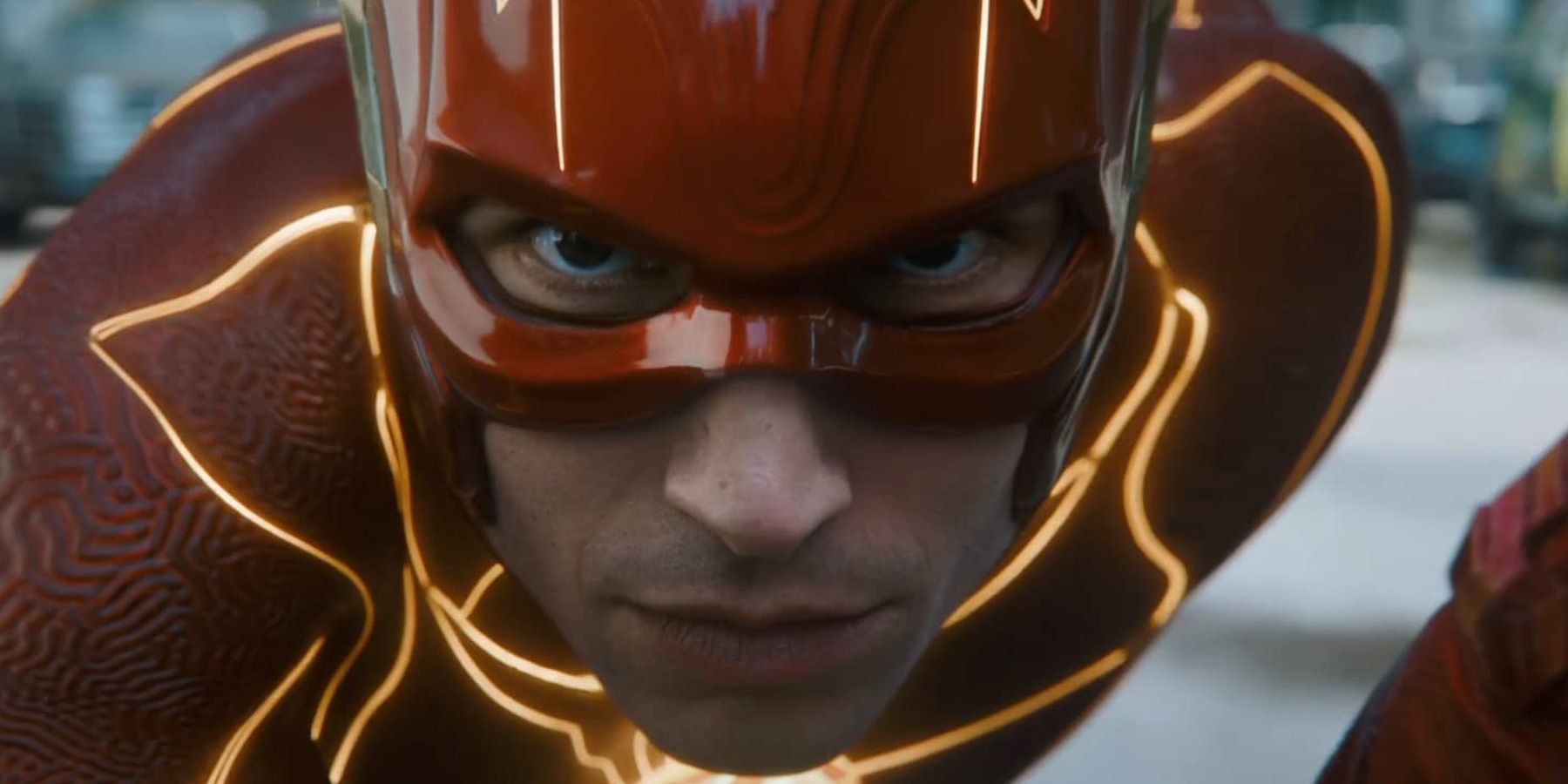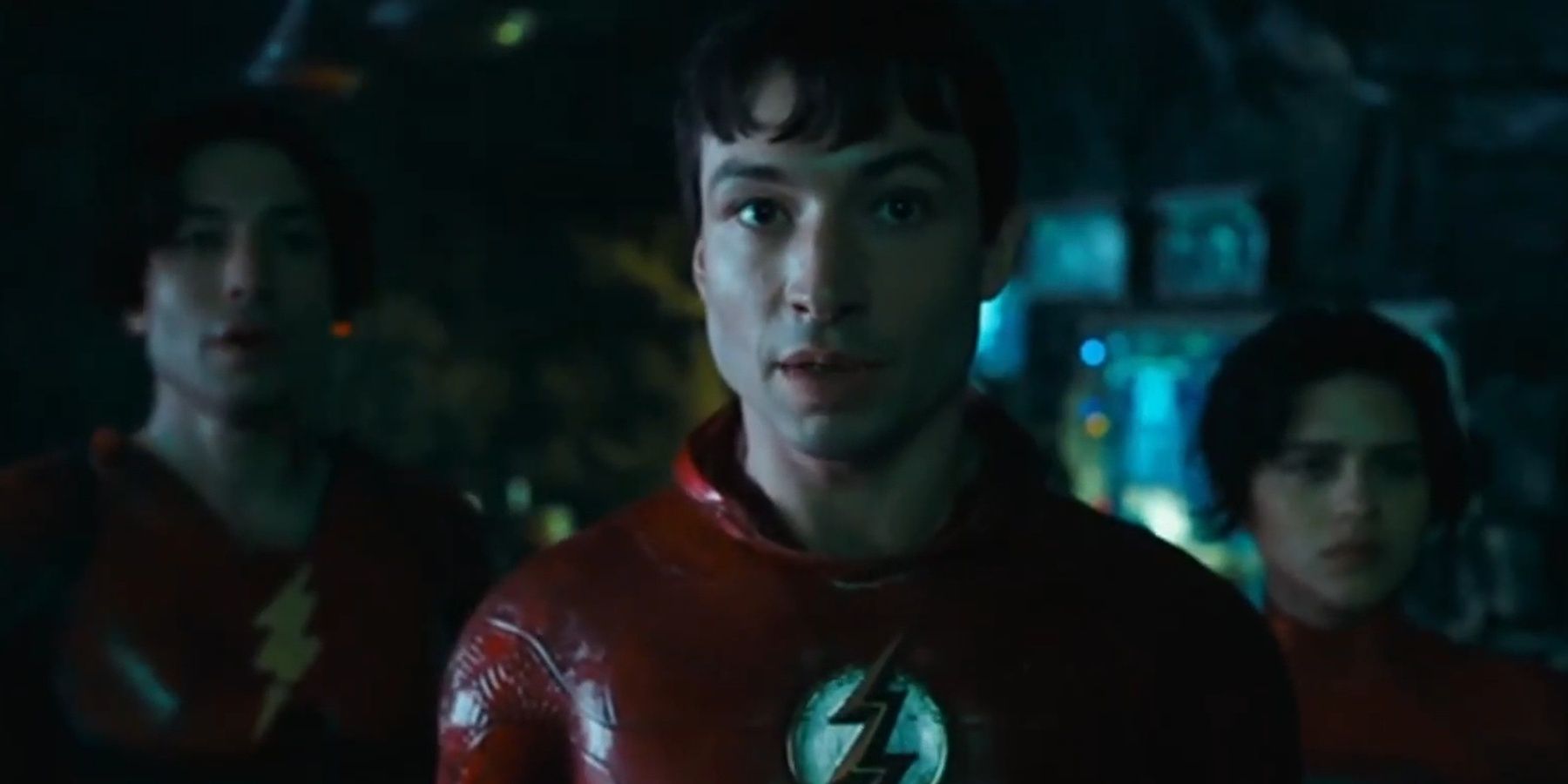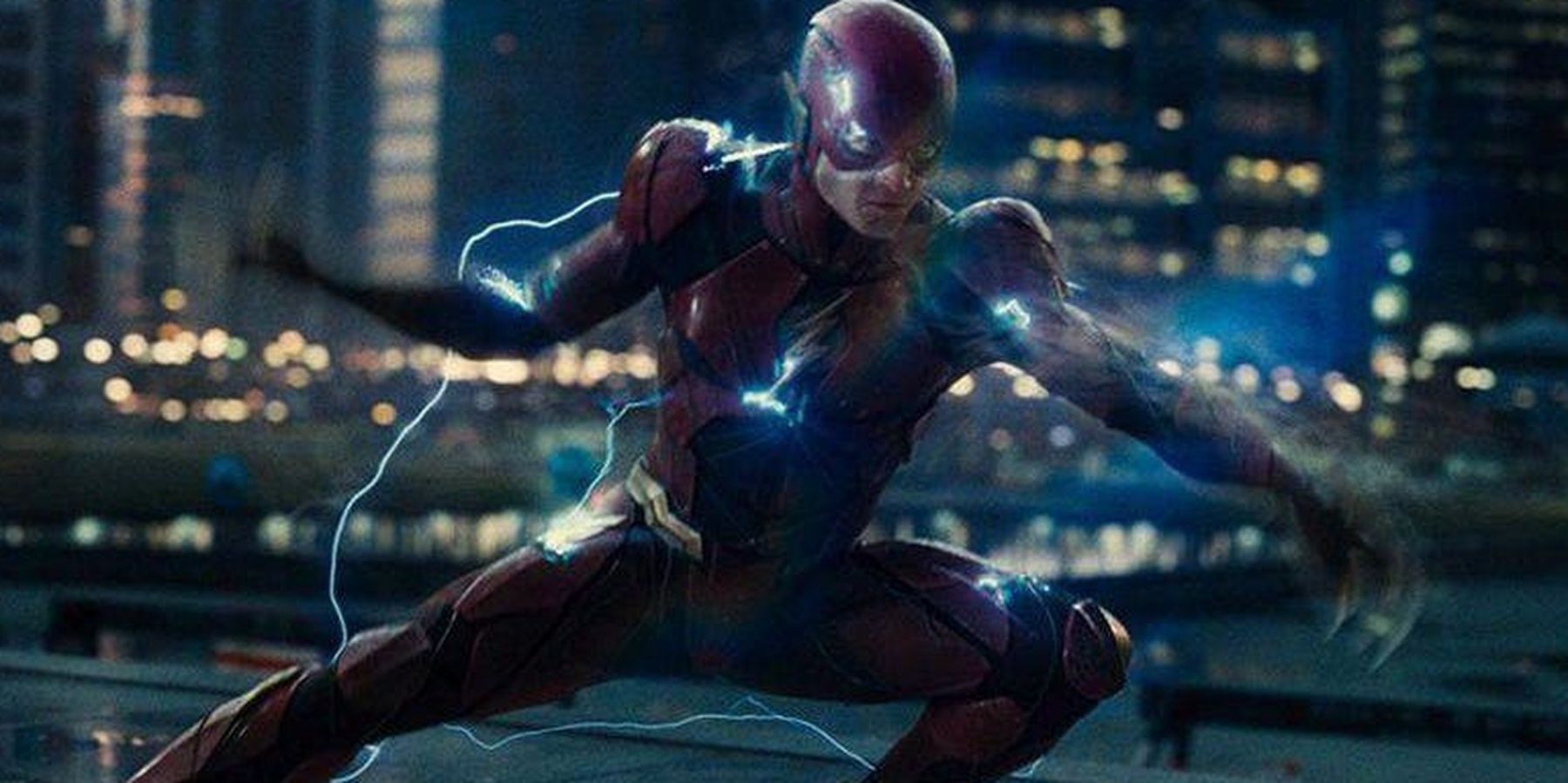In November 2022 the long-delayed full-length version of The Flash is finally coming to theaters starring Ezra Miller reprising his role as Barry Allen. In development in one way or another since 2004, the cinematic journey of The Flash certainly hasn't been an easy one with directors and writers coming and going and multiple delays for numerous reasons. Now with DC taking time to fully develop a cinematic universe in the same way Marvel has, the scarlet speedster's solo feature is finally seeing the light of day.
However, from what has been shown of the films' plot so far there could be trouble ahead. As with any Flash adaptation, the film is following the Flashpoint storyline from the comics. Time travel, multiple timelines, and multiverses are all plot points and the few bits of footage released have shown looks at multiple Barry Allens, Michael Keaton as Batman, and talk of traveling to any universe or timeline. The problem is, Marvel has already beat DC to the punch when it comes to multiverses.
There is no denying that Flashpoint is a hugely important storyline in DC Comics. It changed the whole trajectory of multiple heroes' lives. In the hugely popular CW television adaptation of The Flash, the storyline was tackled in season 3 of the show and had a resounding ripple effect on other shows and characters in the Arrowverse. The event caused relationships to be altered, people to be erased and splintered the multiverse.
Now with Flashpoint on the way in the DCEU, how can it differentiate itself from what is going on in the MCU? Marvel has been setting up multiverses in both its television shows and movies. Loki, WandaVision, Spider-Man: No Way Home, and upcoming Doctor Strange in the Multiverse of Madness have all been creating a thread focusing on multiverse theory and travel and the repercussions that come along with meddling with reality. Things look like they are going to come to a head in Multiverse of Madness as Doctor Strange deals with the consequences of the timeline-altering spell he performed for Peter Parker in Spider-Man: No Way Home.
The good news for The Flash is that Marvel's multiverse seems to be leaning towards the monstrous side of traveling through realities with the Doctor Strange sequel. There is more of a magical theme to the MCUs' multiverse and the studio is leaning into the more magic-powered characters like Scarlet Witch, Doctor Strange, and also leaning more into Lokis' magic. Marvel Studio President Kevin Feige even said of Cumberbatch as Doctor Strange that he has "become the anchor of the MCU" suggesting an even greater role and leaning towards magical elements in the future.
On the other end of the spectrum, the DCEU has traditionally focused more on grounded and gritty character work. The more recent Batman films have relied upon heavy drama and violence with a dark atmosphere and the Henry Cavill fronted Superman films have also leaned heavily into this direction, often to their detriment. As the cinematic universe has expanded, however, the tone has also widened. Movies like Shazam!, The Suicide Squad, and Aquaman have heralded a shift in tone to lighter, more humorous fare.
The Flash is the perfect film to marry the two styles. Barry Allen is a multi-layered character, often wise-cracking with wit as fast as his super-speed, but his character is also grounded in deep tragedy. Miller's short portrayal of him in Justice League is a good indication of this, despite being quite a heavily reduced role in the major theatrical release. Striking the balance between tones could be key in separating DCEU multiverses from the MCU.
In order for The Flash to differentiate itself from the MCU, it has to lean more into the time travel elements of the multiverse. While the MCU has touched on it, the focal point has been more on the magical and dimensional multiverse travel. With The Flash, the reason for the multiverse should be more focused on Barry's ability to travel through universes and time due to the speed force. The time travel aspect alone will help to differentiate the two studios' cinematic universes.
Add to that the fact that the MCU doesn't have a strong speedster presence and has only flirted with the character of Quicksilver, the DCEU does have that to separate the two universes. At this point, the movie has been in development for so long that, like Black Adam, expectations are going to be almost impossible to meet for those waiting years to see their favorite heroes and villains on the silver screen. The good news is that DC look to have learned from their previous failings and their recent slate of films has been met with critical and fan acclaim. In the war of the two comic book giants, there probably won't ever be a true winner, but DC is going to try its hardest to make sure it isn't the loser.



